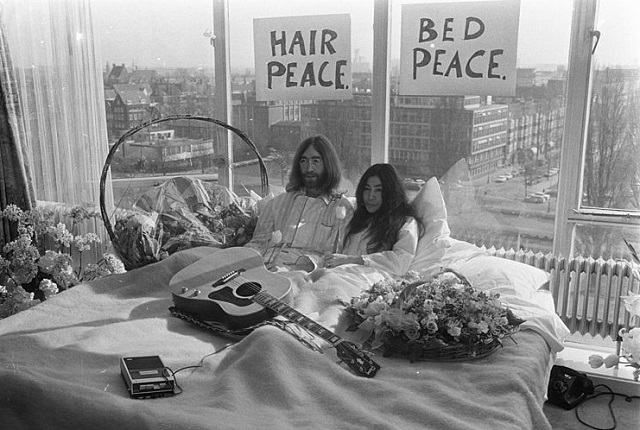Tolerance—this seemingly benign word now makes my skin crawl.
We are told to be tolerant of the choices of others; their religious, social, political choices and more.
But here’s the thing: tolerance has come to mean something far from its definition.
Tolerance is defined as a fair, objective, and permissive attitude toward those whose opinions, beliefs, practices, racial or ethnic origins, differ from one’s own; freedom from bigotry.
I’m all for that definition. But ask most people what they think of when they think of tolerance and you will get something that is far closer to “putting up with” than what the dictionary says. The word has morphed from its commonly understood meaning. When I say that I tolerate the heat or okra, no one believes that I like either.
I don’t want someone to “put up with” my choices and beliefs, all the while thinking they are better than me. Yet tolerance now has a distinct smell of superiority. Of those being oh so generous in allowing someone else to live with the same freedoms they hold dear for themselves.
Can you smell it, the whiff of disdain? The scent of the other whom we don’t quite trust but have decided to tolerate?
Can you feel the distance between yourself and them?
Tolerance doesn’t lead to conversations or questions. It has become a closed loop with “us” on the inside and everyone else outside.
In our 21st century understanding of tolerance, we decide we will be tolerant and go no further. We don’t stop to ask questions or try to understand any idea that is different from what we believe. We don’t see the individual beyond the label of whatever it is we are being tolerant of.
We decide that being tolerant is enough. But is it?
Would it be enough for you?
Do you want your faith, race, sexual orientation, political beliefs, or world view to be tolerated? Or do you want to engage in meaningful, civil conversation about the things we see differently?
Our politicians espouse tolerance while simultaneously enacting laws that discriminate against entire communities— undocumented people, Muslims, refugees and those in the LGBTQ community.
But words matter. Words have weight and power.
Words can illuminate or hide our intentions.
Listen carefully when you hear the word tolerance used and you will find that it’s usually the end of a conversation rather than the beginning.
Listen carefully and you will hear how often that word is used to dismiss an idea or a people.
Listen carefully and you will hear that what we need isn’t what tolerance has come to mean, but what it actually does mean.
When we settle for what tolerance has come to mean, we often forget that to someone else our way of being and doing may not be their ideal. When we remember that to someone we are the one being tolerated, we start to expand our capacity to reclaim the original meaning of the word. We start to examine our responses to differing ways of being through the prisms of fairness and objectivity.
It’s as simple, and as challenging, as asking the question, “Would I want to be treated, or thought of, in the way I am treating this person?”
That old golden rule once again rears its head.
And in case you are thinking that tolerance is only about us being kinder to others, I would argue that it is, at heart, also about being kinder to ourselves. When we expand our capacity for true tolerance toward others, we also expand our ability to judge ourselves less harshly. We become more able to look at the places where we are uncomfortable with our own attitudes or behavior with a compassion that allows us to begin to heal those internal friction points.
In this fractured world we need to find our way back to real tolerance. Tolerance that comes from our willingness to extend to others the same consideration we want ourselves. Tolerance that comes from listening to those with whom we disagree.
Listening, not with the intention to change their point of view or our own, but rather to deeply understand. And to do that we need to pause. We need to take time to consider what we’ve heard and find the part of us that can sincerely and respectfully agree to disagree.
We need tolerance that truly reflects an openness of mind and heart, and the understanding that our way of thinking, doing and being, is just that—our way. Not the best or only way. Just ours.
Author: Omkari Williams
Image: Wikimedia Commons
Editor: Nicole Cameron







Read 29 comments and reply